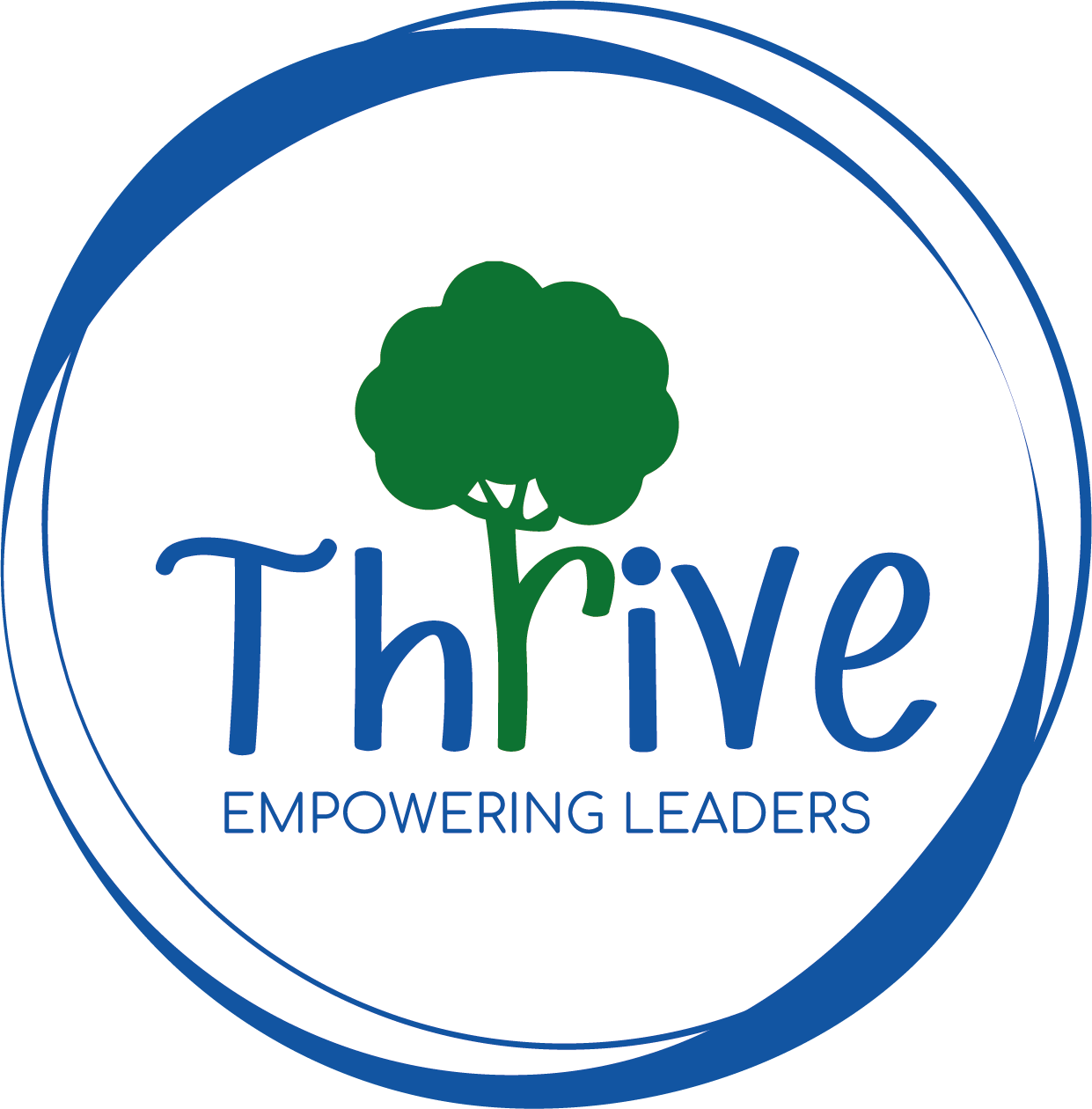
Empowering Principals & Leaders to THRIVE
10 ways to get the best from a Mentor
by Steve Zonnevylle / 18thDecember 2023

The Story
I'm sitting across the table from my mentor. He's been assigned to me and I'm nervous. I'm really nervous. I wish that I'd had had a big list of mentors to choose from, but in reality the list was short, and the list of those actually available was even shorter.
I don't know this guy at all. Yes, we've had a brief conversation about his back ground. And yes he seems properly qualified and he makes assuring comments such as:
"I'm here for you "
"I'm going to work alongside you"
"I'm a strength based sort of mentor"
It's hard to know whether he's genuine or not. There's no reason to doubt that he wouldn't be. But I'm looking for a certain someone that I want to work with; who will inspire me; who will help me delve into the depths of ME.
As I sit there I can't help but wonder if this is a tick box sort of situation.
My Board chair thinks it's a great idea. He comes from a business background and he says it's the norm in the business world.
The problem is I don't really trust my Board chair. Our relationship isn't particularly positive. And I know that my mentor will be answering to my Board chair.
I need my mentor to be answerable to me. And I need to feel comfortable in my mentor enough to be answerable to him. That's the secret spot where the magic will truly occur. I could grow. I think it's called TRUST.
My mentor is working through a list.
He's putting things on a calendar. He's saying things like:
"This is when I'll be down your way next, and so we can meet then" and
"I need you to send me the following documents so that I can get a solid understanding of what's going on around here" and
"In the third term we will be running a 360 degree review on how you're going. We'll talk to your whole team through an anonymous survey system to see how things are going."
The first two comments spill over me and I don't see any red flags. They're there, in the lines between what he says, but it's the 360 review that pricks up my ears.
I could go on about what happens next. But I won't. Instead I want to talk about what should have happened.
Let me rewind the tape, and start again ...
I'm sitting across the table from my mentor. I've chosen him and I've already worked through with him how we're going to work togehter. This has been a negotiation - and we've co-constructed how things are going to work. I'm feeling really invigorated.
I feel as though I know this guy; I trust him. He's in it for me. That feels good.
As I sit here I can't help but wonder if this is going to be an incredible year of growth for me.
As part of our negotiation I'm feeling comfortable with what, and how much, information will be shared with my Board chair. We've also discussed how this will be shared.
My mentor is working through a list. It's a list that we've talked about together. He's using it to firm up some key dates throughout the year.
He's asking me when the key moments of the year are going to happen. He's meaning the stress points. And together we're planning how our meetings will support these stress points.
He's saying to me; "I'm just a zoom call away", but he doesn't really have to. That's a given, and we've already negotiated that.
He says he wants to see some key documents. He lists the reasons why, and what he's looking for in these documents. It's a short list. Essentially he wants to hear my voice in the documents that I'll share.
He's also keen on understanding my strengths. So he's recommending that I undertake the VIA Strengths Survey (see below).
He tells me that he wants to see if my strengths align with my voice in the documents that I share with him.
We begin to talk about how we can gather information from my team about how I use my strengths better. He suggests that as part of this information gathering that we encourage my team to think about how they can utilise their individual strengths in places that my strengths aren't as strong.
Suddenly I feel something lifting; it's like a fog that has enveloped my thinking for some time now.
There's a sense building that I'm not in this on my own any more.
So what?
How do you manage this process in order to get the best out of the situation?
- Set Clear Goals:
- Start by clearly defining your goals. What do you hope to achieve through the mentoring relationship? Whether it's career advancement, skill development, or guidance on specific projects, having clear objectives will help guide the relationship with your mentor.
- Be Proactive:
- Take the initiative to schedule meetings, prepare agendas, and drive the conversation. This is really important. It gives you ownership of the process. Actively seek guidance and feedback on specific challenges or projects you're working on. This means being vulnerable for sure, but it demonstrates your commitment to the mentoring process.
- Establish Expectations:
- Co-construct the frequency and format of your relationship with your mentor. Discuss how you prefer to receive feedback and the type of support you find most helpful. Be open to their thoughts. They have a lot of experience, so dive into that! Clear expectations contribute to a more effective mentorship.
- Come Prepared:
- Prepare for each session with your mentor by identifying topics or questions you want to discuss. This shows your mentor that you value their time and are committed to making the most of the mentoring relationship. If you are actually keen on growing, then this is vital. If you're not prepared then talk to your mentor about re-scheduling.
- Act on Feedback:
- Be open to constructive feedback and actively work on implementing suggestions. Show your mentor that you are receptive to learning and growing based on their guidance. Regularly revisit your goals and discuss progress with your mentor.
- Seek Diverse Perspectives:
- Use the mentorship opportunity to gain insights from someone with a different perspective or background. If you've chosen your mentor well, then they will be able to help you talk to other people outside of your immediate work place to get a different view.
- Build a Relationship:
- Invest time in building a strong relationship with your mentor. Learn about their experiences, share your own insights, and find common ground. A strong personal connection can only enhance the effectiveness of this relationship. This dramatically increases the chances of personal and professional growth.
- Be Open and Honest:
- Being open and honest with your mentor is key. Share your challenges, successes, and any concerns you may have. This transparency helps your mentor provide more targeted guidance and support.
- Express Gratitude:
- Show appreciation for your mentor's time and insights. A simple thank-you can go a long way in building a positive and mutually beneficial relationship. Acknowledge the impact their guidance has on your development.
- Be Patient and Flexible:
- Recognise that mentorship is a dynamic process, and outcomes may take time. Be patient, stay committed to your goals, and remain flexible in adapting to changing circumstances or priorities. If you've chosen a great mentor then they too will be patient and flexible with you!

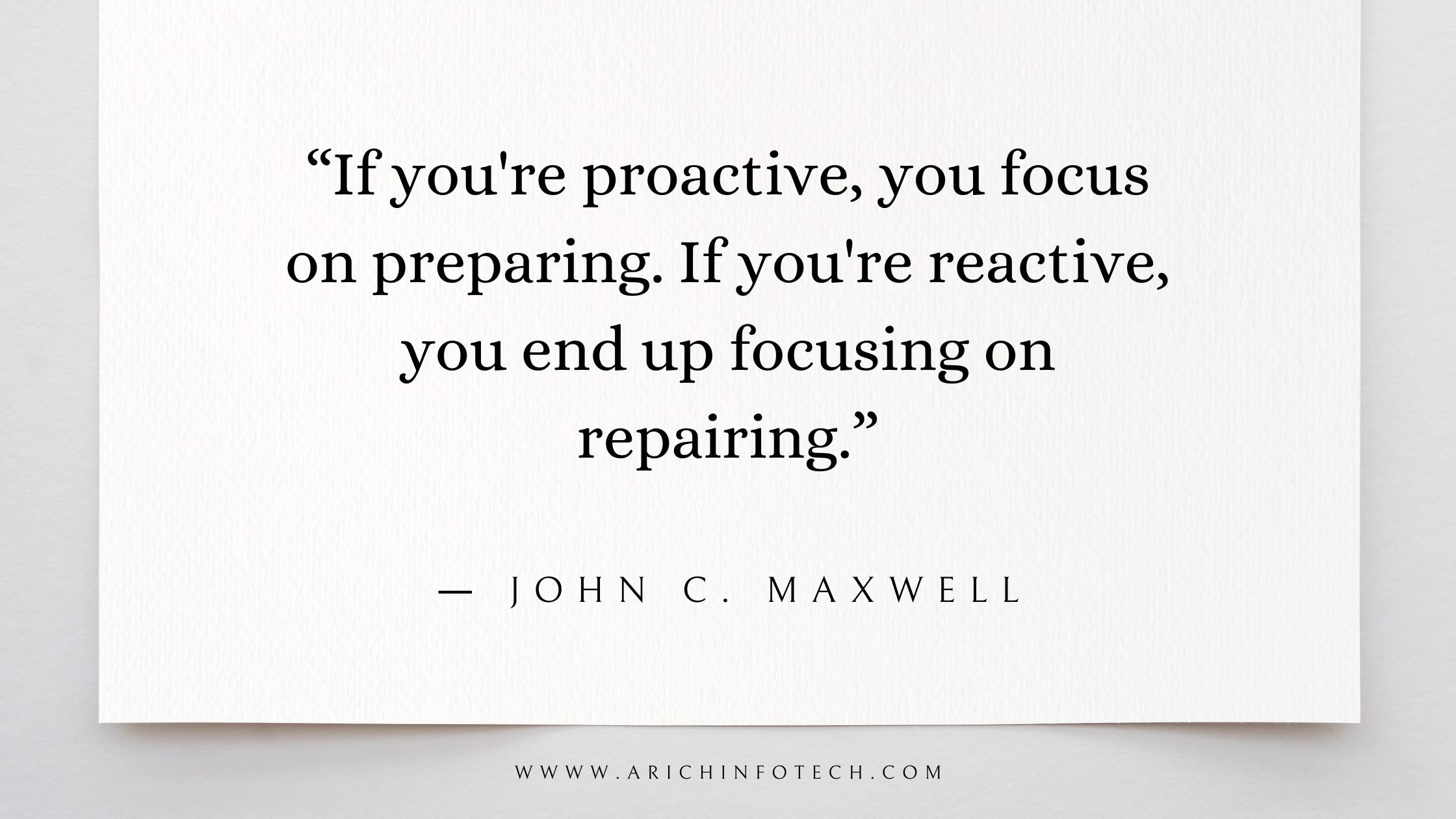
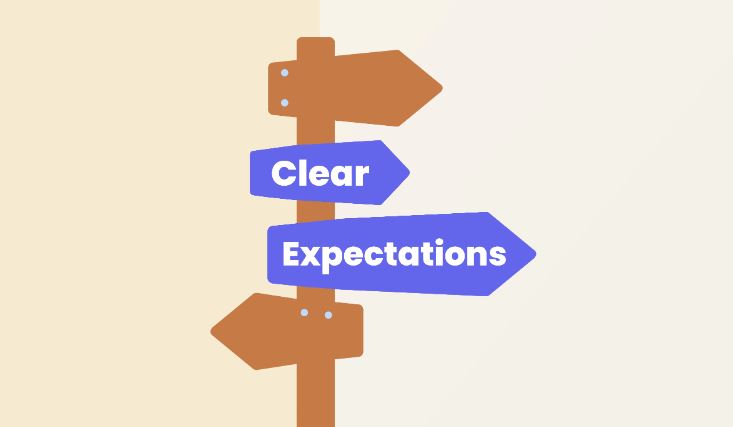




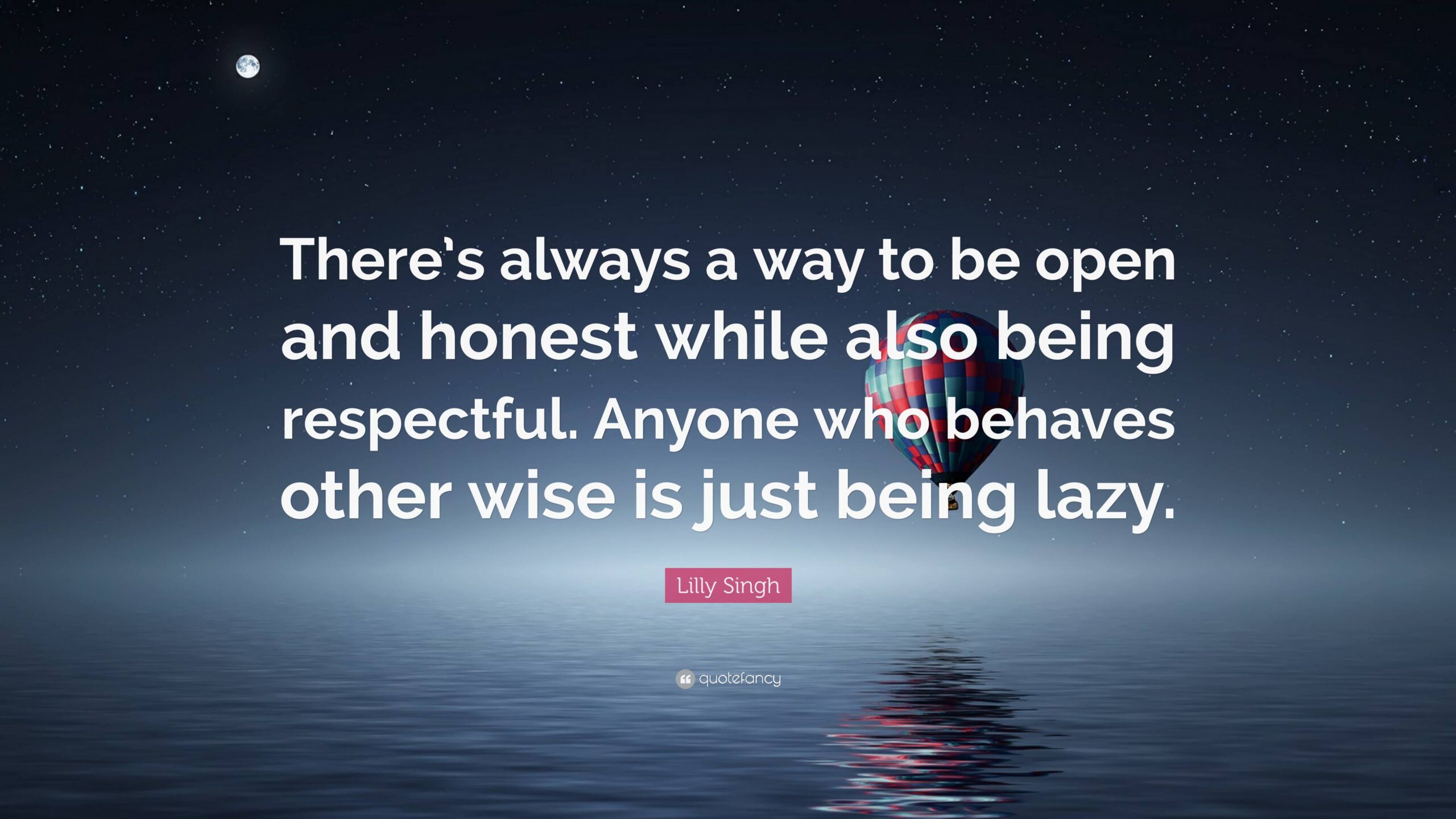

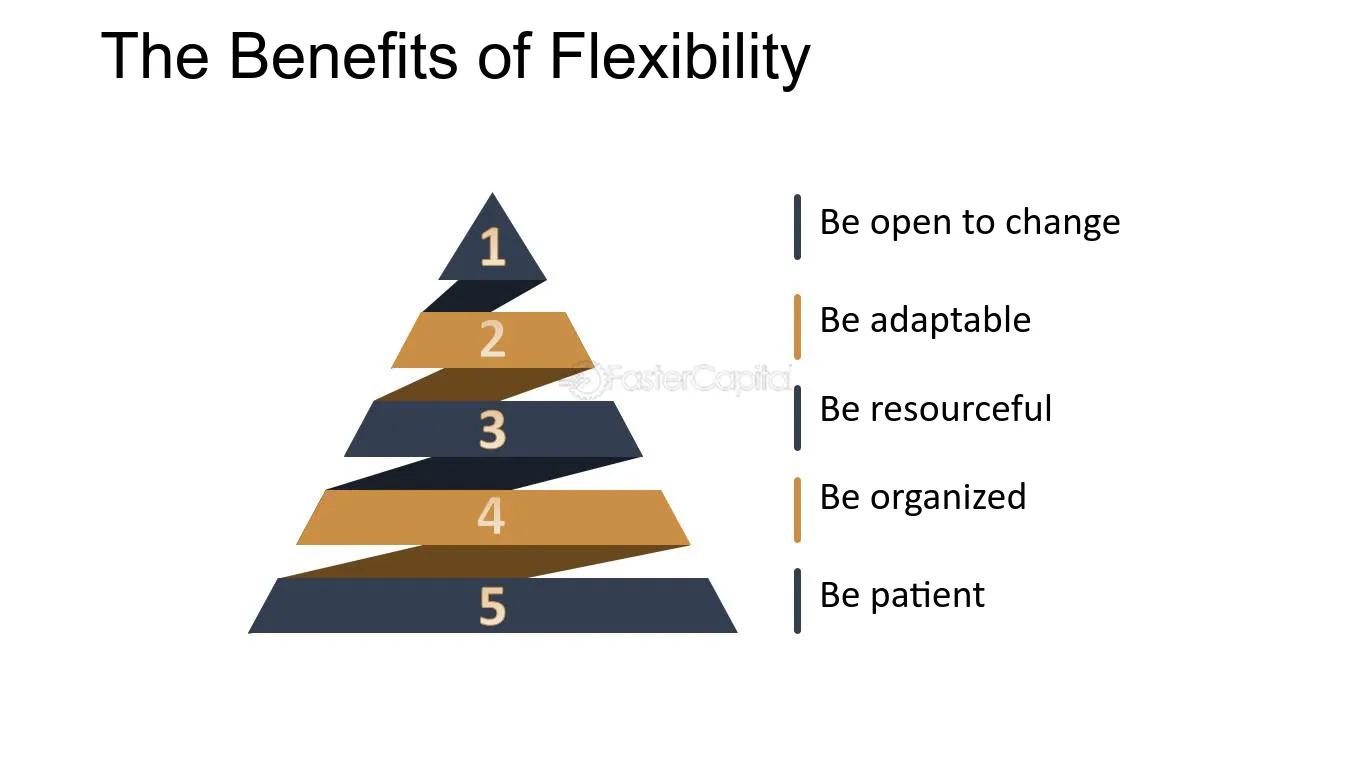
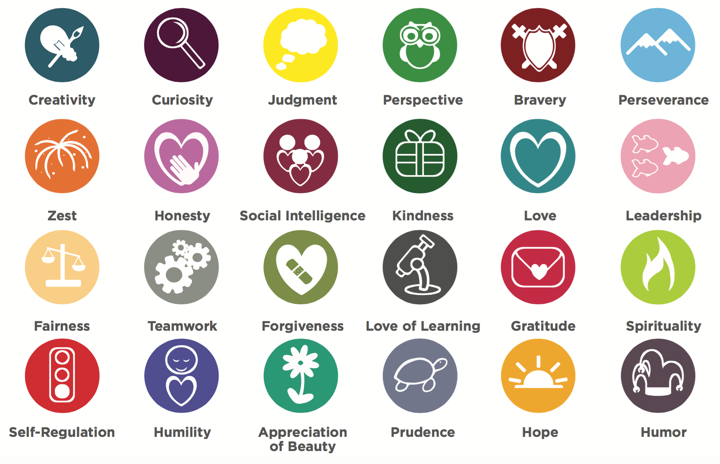
The VIA Strengths Survey
The VIA Strengths Survey, often referred to as the VIA Survey of Character Strengths, is a psychological assessment tool designed to identify your core strengths of character. VIA stands for Values in Action, and the survey was developed by positive psychologists Martin Seligman and Christopher Peterson.
Oh! And it's FREE.
The survey is based on the belief that by understanding and leveraging your character strengths you can lead to greater well-being, life satisfaction, and personal fulfillment. It can also help greatly in a professional capacity and is a perfect place to start when working with a mentor.
Oh! And it's FREE.
The survey identifies 24 universal character strengths that are considered to be present to some degree in everyone. These strengths are grouped into six broad virtues: wisdom, courage, humanity, justice, temperance, and transcendence.
In the survey you are asked to rate yourself on a scale for each of the 24 strengths based on how well each statement describes you. The statements are designed to capture the essence of each strength.
After completing the survey, you'll receive a personalised report that ranks your strengths from highest to lowest. The idea is to highlight your top strengths, providing insights into your unique character profile.
It really is very useful ... and it is free!
Did you know that THRIVE offers mentoring support. Yes we do! Talk with us today about how we can help support you.
Watch these TED talks for more information and inspiration...
About the Author:
Steve is an articulate, creative, and competent professional. He values the fostering of positive relationships and revels in working within team environments. The majority of his working career has been in leadership positions in Education. He has nearly 30 years of Primary Principal experience in the New Zealand school setting. He brings to Thrive a multitude of skills that cross over successfully in many working environments.His passions include music, writing and running.
However the thing he loves most is connecting with fellow human beings and working alongside them in order to support them in being the very best that they can. Steve is passionate about Principalship. He believes that being a Principal is one of the most important and privileged vocations on the planet. However he feels saddened that the role now appears to have become so complex and vast that quality people no longer see it as a long term career like he was able to enjoy, and instead shine bright and then burn out far too soon.
He sees this as a perfect conduit to express his own skills and expertise in a manner that will guide and support Principals so that they too can continue to grow in a positive and healthy manner for many, many years.

Steve Zonnevylle
